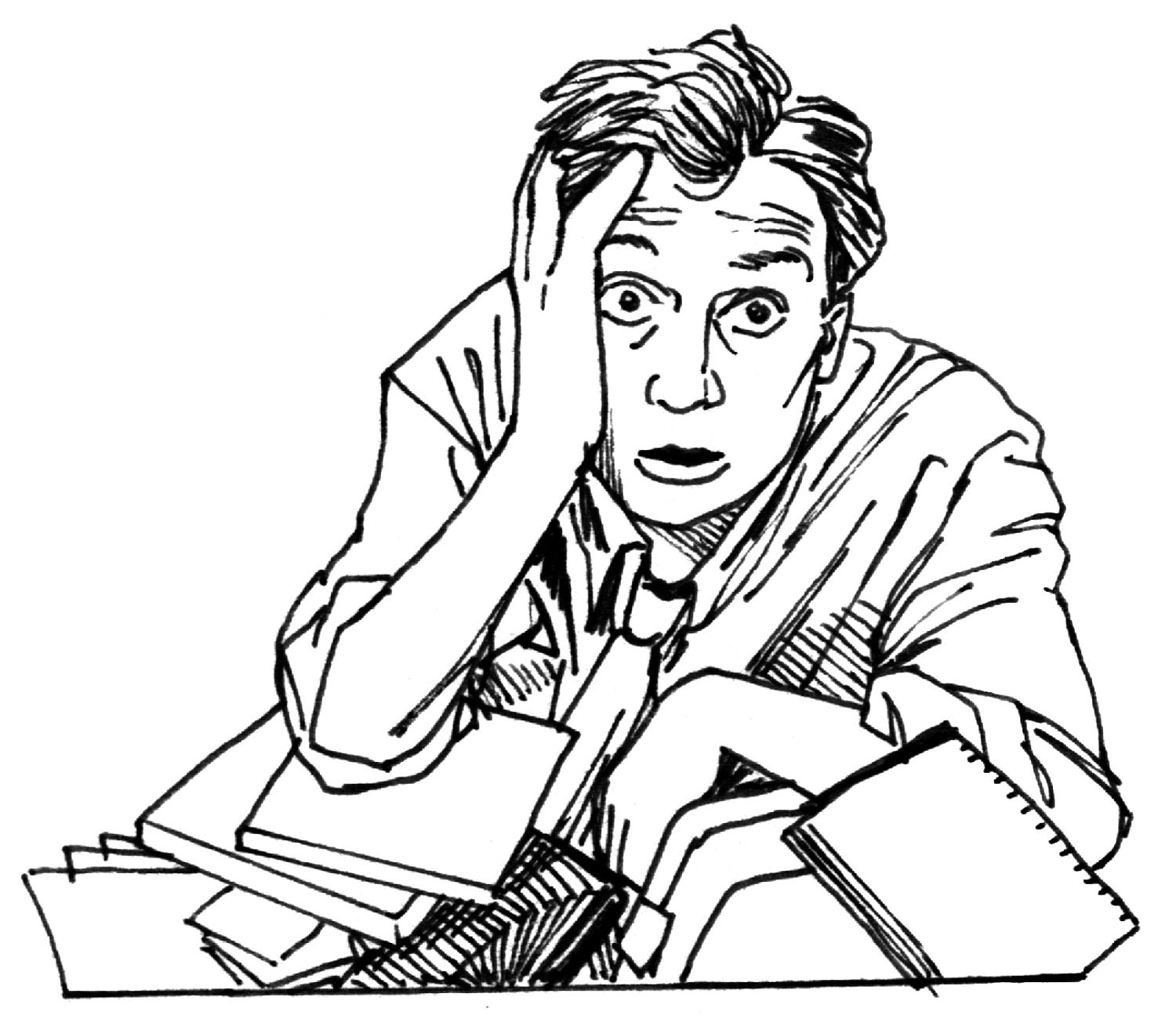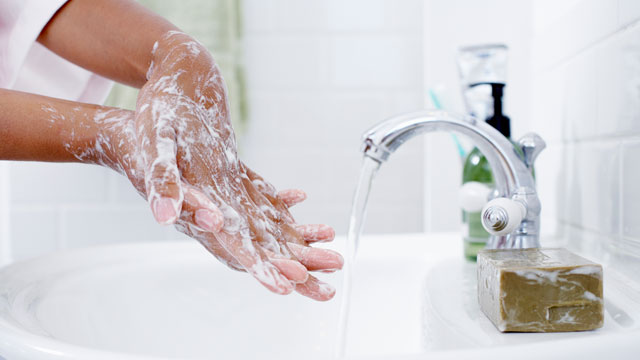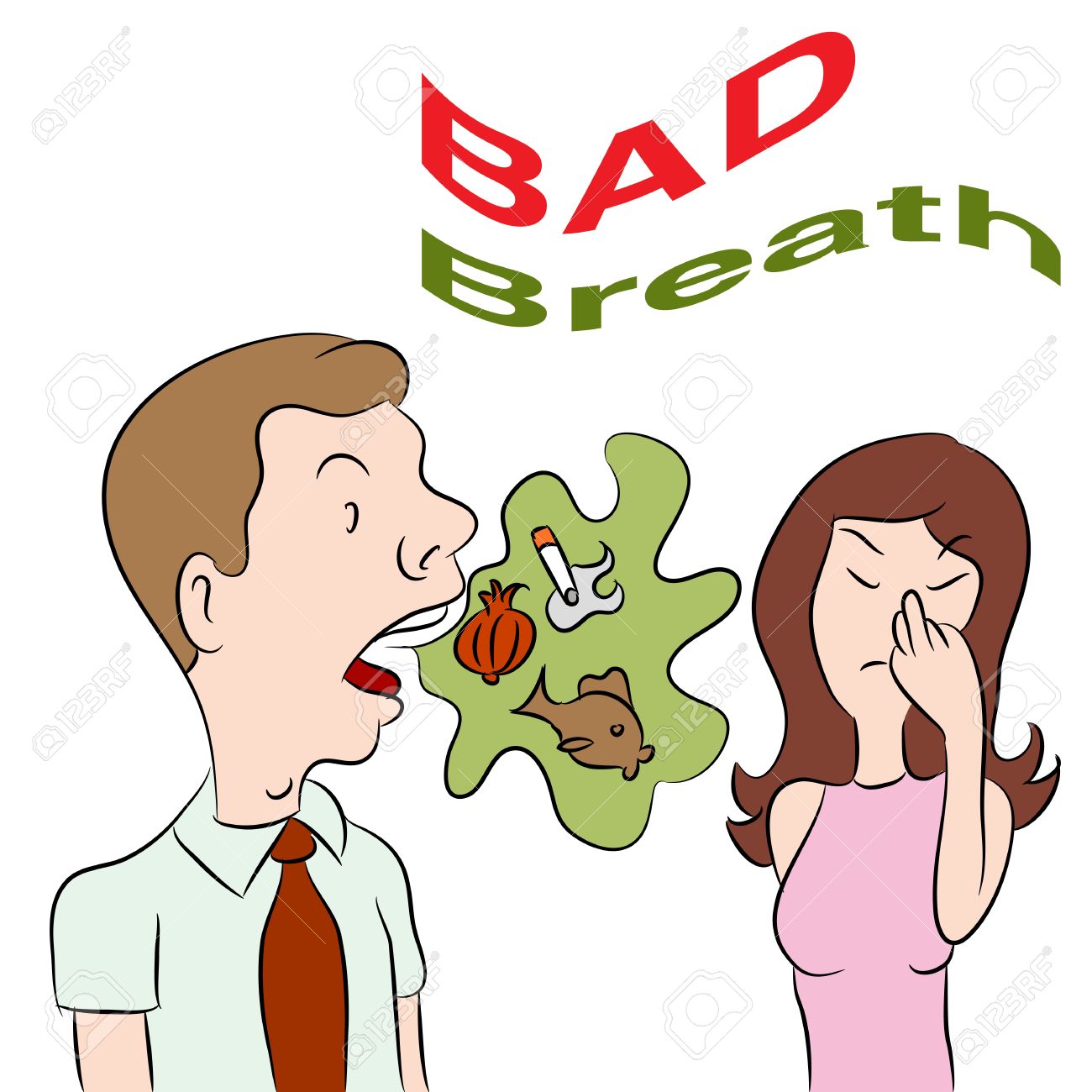You may be going through depression if you experience any of the following.
■ Unexplained sleeplessness or even sleeping too much
■ Extreme anxiety and restlessness
■ Loss of appetite or excesssive eating
■ Lack of zeal for the things you used to be excited about
■ Laid back attitude towards life
■ Lack of joy or feeling sad
■ Fatigue or low energy levels
■ Loss of sense of worth and value
■ Suicidal thoughts
The earlier you realise you are exhibiting signs of depression, the better it is for you to handle it. Here are ways to handle it.
■ Listening to music
■ Meditation
■ Performing deep breathing exercises
■ Speaking to a trusted friend
■ Going for therapy
■ Communicating your concerns with your loved ones
■ Attending group activities
■ Reading a book that interests you
■ Seeking medical help
I truly hope these tips help you fix your mental health and don't forget to seek medical help when/if it's required.
Regards



 Stress is a normal part of everyday life and its almost unavoidable; it could be positive or negative but regardless it leaves an individual feeling emotionally and physically overwhelmed. Nevertheless positive stress is good as it can motivate you and help you become more productive while negative stress can be harmful and often leads to anxiety, mental and physical problems as well as decreased performance.
Stress is a normal part of everyday life and its almost unavoidable; it could be positive or negative but regardless it leaves an individual feeling emotionally and physically overwhelmed. Nevertheless positive stress is good as it can motivate you and help you become more productive while negative stress can be harmful and often leads to anxiety, mental and physical problems as well as decreased performance. Body Odor (popularly known as B.O) is a perceived unpleasant smell our bodies can produce when bacteria that lives on the skin break down sweat into acids.B.O becomes evident and pronounced if certain steps are not taken before or when an individual reaches puberty. B.O is more likely to occur in the groin, feet ,armpits, genitals, pubic hair and feet. The following are predisposing factors to B.O:
Body Odor (popularly known as B.O) is a perceived unpleasant smell our bodies can produce when bacteria that lives on the skin break down sweat into acids.B.O becomes evident and pronounced if certain steps are not taken before or when an individual reaches puberty. B.O is more likely to occur in the groin, feet ,armpits, genitals, pubic hair and feet. The following are predisposing factors to B.O:
 We spend a lot of time on our feet and our shoes are very close to the place where a large collection of sweat glands live under the feet,sweat gets into our shoes and then bacteria arrive and start to grow, thereby predisposing us to smelly feet. Bromodosis is the medical term for smelly feet and this condition can be quite embarrassing, however it can be treated with simple foot hygiene.
We spend a lot of time on our feet and our shoes are very close to the place where a large collection of sweat glands live under the feet,sweat gets into our shoes and then bacteria arrive and start to grow, thereby predisposing us to smelly feet. Bromodosis is the medical term for smelly feet and this condition can be quite embarrassing, however it can be treated with simple foot hygiene. Handwashing is the most important means of preventing the spread of germs as well as the best way to keep yourself from getting sick. Whenever your hands get in contact with germs, you can unknowingly become infected simply by touching your eyes, nose or mouth and once a member of the family becomes ill, it's usually just a matter of time before the whole family comes down with the same illness.
Handwashing is the most important means of preventing the spread of germs as well as the best way to keep yourself from getting sick. Whenever your hands get in contact with germs, you can unknowingly become infected simply by touching your eyes, nose or mouth and once a member of the family becomes ill, it's usually just a matter of time before the whole family comes down with the same illness.
 With the increasing need to work hard and even harder to earn a living, hustling has become a normal way of life, thus, making it more difficult to get enough rest let alone adequate sleep. Here is an overview of what rest and sleep connotes, factors influencing the quality and quantity of sleep, dangers of not getting enough sleep and ways of ensuring one gets enough sleep.
With the increasing need to work hard and even harder to earn a living, hustling has become a normal way of life, thus, making it more difficult to get enough rest let alone adequate sleep. Here is an overview of what rest and sleep connotes, factors influencing the quality and quantity of sleep, dangers of not getting enough sleep and ways of ensuring one gets enough sleep. Halitosis is popularly known as bad breath or foul smelling breath or breath that has unpleasant odor ,this odor can occur from time to time or it can be long lasting depending on the cause. It is usually caused by breakdown of food. Millions of bacteria live in the mouth particularly on the back of the tongue and when there is a build up of bacteria,toxins are released which make an individual's breath to smell. These bacteria are also responsible for tooth decay, gum disease e.t.c.
Halitosis is popularly known as bad breath or foul smelling breath or breath that has unpleasant odor ,this odor can occur from time to time or it can be long lasting depending on the cause. It is usually caused by breakdown of food. Millions of bacteria live in the mouth particularly on the back of the tongue and when there is a build up of bacteria,toxins are released which make an individual's breath to smell. These bacteria are also responsible for tooth decay, gum disease e.t.c.